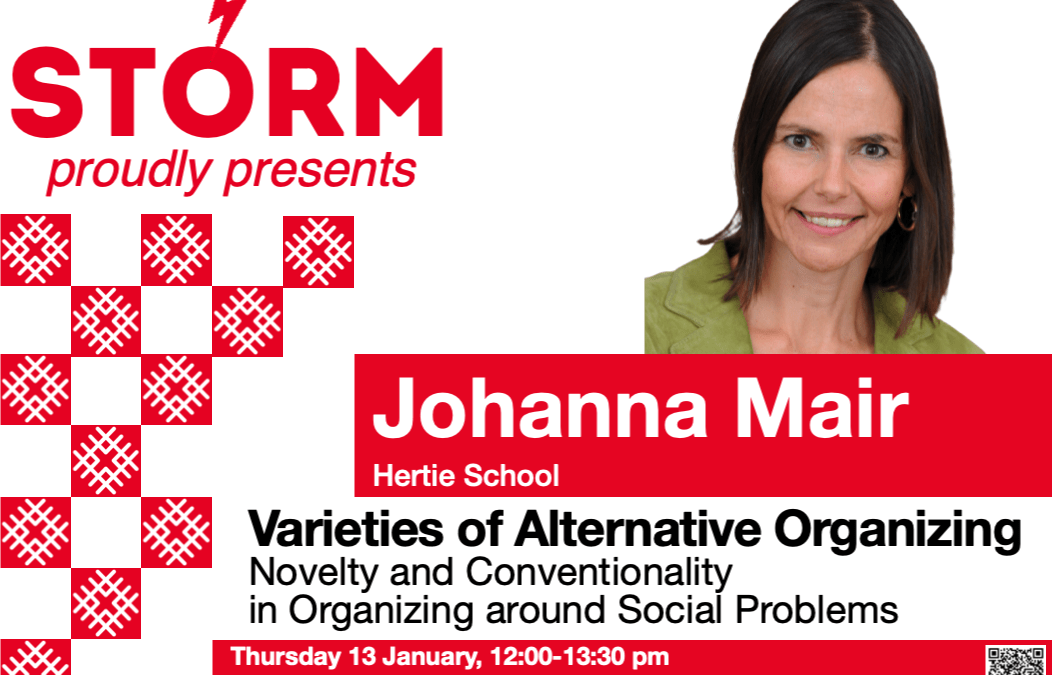Varieties of Alternative Organizing: Novelty and Conventionality in Organizing around Social Problems
About the Research
Alternative forms of organizing are increasingly recognized as sites for developing solutions to a range of social problems that private (i.e. markets) or public action (i.e. the public sector) has failed to address or overcome, for example problems related to persistent social and economic inequalities. While research has documented the presence of alternative forms of organizing across different contexts, including social enterprises, cooperatives, or the sharing economy, we know little about the extent to which these organizations draw on novel organizing practices to address social issues. Although research on alternative organizing, for example in the context of social enterprises, often assumes that such organizations are inherently unconventional, novelty and conventionality is typically determined by assessing organizational features and practices with respect to institutional logics. In this paper we assume that social, political, and economic contexts impact organizing choices and conduct a naturalistic inquiry of alternative forms of organizing around social problems across 9 countries and including 1,011 organizations. We develop a methodological and conceptual approach to study and offer a typology to understand the variety of alternative in alternative organizing.
About Johanna Mair (Hertie School)
Johanna Mair is a Professor of Organization, Strategy and Leadership at the Hertie School in Berlin. Her research focuses on the nexus of organizations, institutions and societal challenges. Her focus in recent work is on mechanisms that enable organizations to transform social systems and make progress on social problems. She is the academic editor of Stanford Social Innovation Review and co-directs the Global Innovation for Impact Lab at the Stanford Center on Philanthropy and Civil Society. She has co-directed the Social Innovation + Change Initiative at the Harvard Kennedy School, has served on the faculty at IESE Business School, and has held a visiting position at the Harvard Business School and INSEAD. Her book Innovation and Scaling – How effective Social Entrepreneurs create Impact (Stanford University Press, 2017 co-authored with Christian Seelos) has won the 2017 Terry McAdam Award at ANOVA and the 2018 ONE Outstanding Book Award at the Academy of Management Meeting. Her research has appeared in the Academy of Management Annals, Academy of Management Journal, Organization Studies, Academy of Management Discoveries, Academy of Management Perspectives, Journal of Business Venturing, Journal of Business Ethics, Research in Organizational Behavior, Research in the Sociology of Organizations and other journals, and has appeared in the Financial Times, Nature Human Behavior and Stanford Social Innovation Review.
Date: Thursday 13 January 2022
Time: 12:00-13:30 CET
Venue: Zoom (link provided to registered attendees only)
Should you want to attend (on Zoom), please register at the link.


